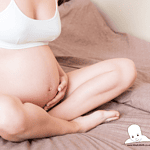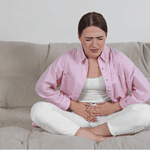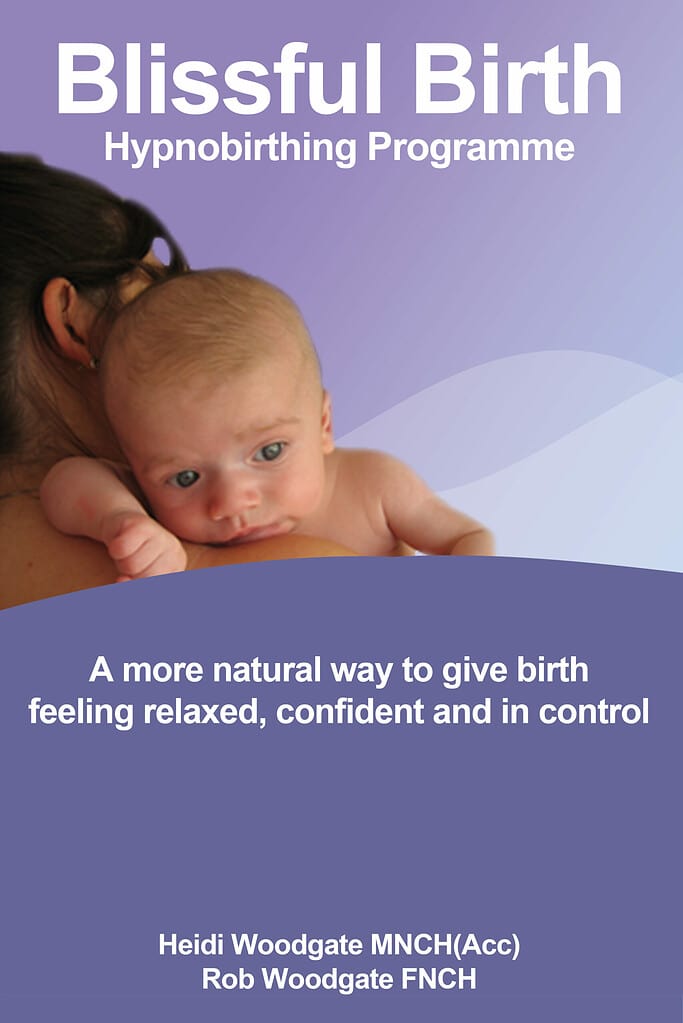Loved for its refreshing and sweetened flavor, sweet tea is a staple for many during the hot summer months.
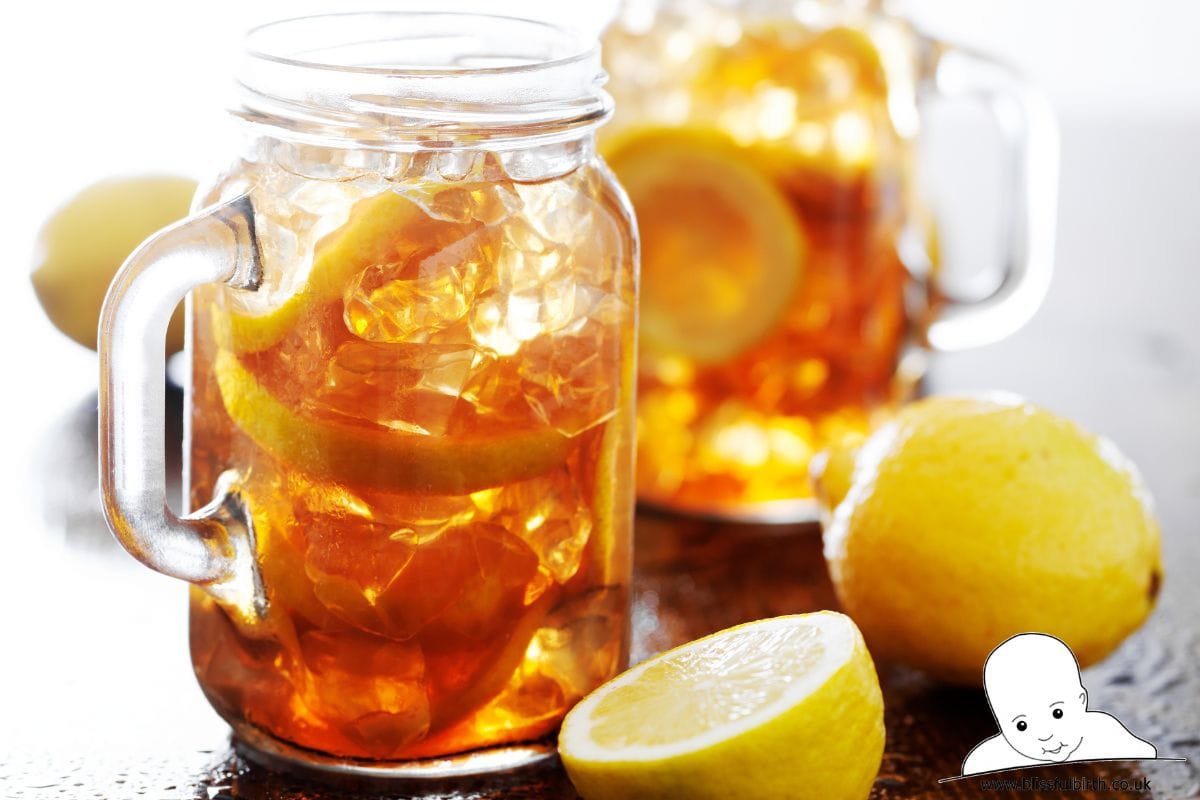
Particularly popular in the southern regions of the United States, sweet tea is somewhat different to regular tea as sugar is added early in the production process, leading to that beloved sweet flavor.
One common question that arises among tea enthusiasts is whether sweet tea contains caffeine.
Understanding the presence of caffeine in sweet tea is important for those who are caffeine-sensitive or seeking to manage their caffeine intake.
In a hurry for the answer now? Sweet tea generally has some levels of caffeine. One fluid ounce of sweet tea typically contains 2.56 mg of caffeine.
In today’s post, we are going to find out more about the presence of caffeine in sweet tea, how it compares to other types of tea, such as green tea, and much more.
By understanding the caffeine levels in sweet tea, individuals can make informed choices about their beverage preferences and consider alternative options if they desire lower caffeine consumption.
Table of Contents
How Much Caffeine Is In Sweet Tea?
A regular tall glass of sweet tea contains moderate caffeine levels, as it is commonly prepared using black tea. Each fluid ounce of sweet tea contains approximately 2.56 milligrams of caffeine.
This means that a standard serving of sweet tea (16 ounces) contains approximately 41 mg of caffeine (or 8.66 mg per 100 ml).
The typical ingredients found in homemade sweet tea include black tea, water, sugar and baking soda, although some variations may use honey or agave syrup as alternatives to sugar.
For comparison, McDonald’s sweet tea has an average of 3 mg of caffeine per ounce, resulting in approximately 51.2 mg of caffeine in a 16-ounce cup of sweet tea.
Similarly, Chick-fil-A’s sweet tea contains around 61 mg of caffeine in a 16-ounce serving, while Milo’s sweet tea, served in a 12-ounce portion, contains up to 43 mg of caffeine.
Sweet Tea VS Iced Tea: Caffeine Content
If you have ever confused sweet tea with iced tea, you’re not alone. It’s a common mistake, but, although similar, they do have some differences.
For instance, sweet tea was invented in the Southern United States, whereas iced tea is believed to have originated in the Northern U.S. states at the World’s Fair.
Like sweet tea, iced tea is a popular drink during the summer months, but their development processes and how they are consumed are unique from one another.
Sweet tea is produced by brewing black tea bags over an extended period of time. After sweet tea has steeped fully, more water and sugar is added.
It can then be served in either hot or cold forms, but most commonly, it is served cold.
On the other hand, iced tea is brewed hot before being chilled and then served over a bed of ice. Sugar is not traditionally added, but some may add a type of sweetener.
As opposed to sweet tea’s singular flavor, iced tea can be made with further ingredients, including peach, mango, and lemon, all of which provide a natural sweetness to the beverage.
So, how much caffeine does sweet and iced tea have in comparison? In general, iced tea is a little more caffeinated, with around 46 mg per fluid ounce.
This is mainly down to how the tea is brewed and steeped. Additionally, sweet tea tends to use more water, too.
It’s important to note, however, that iced tea can be made with different varieties of tea, such as herbal, chai, and green teas.
These can have an impact on the caffeine content, but it’s black tea, which both sweet tea and iced tea are made from, which has the most caffeine.
Sweet Tea VS Green Tea: Caffeine Content
Sweet tea and green tea differ in terms of caffeine content.
Sweet tea is typically made with black tea, therefore, containing moderate levels of caffeine, but even this can vary based on brewing methods, serving sizes, and the types of tea used.
Compared to the 41 mg of caffeine in a single serving of sweet tea, green tea has lower levels of caffeine.
This is because green tea is made from unoxidized tea leaves that typically undergo less processing.
The caffeine content in green tea is generally lower than that of black tea, but it can still vary depending on factors such as the type of green tea, brewing time, and water temperature.
On average, a typical 8-ounce serving of green tea may contain around 20 to 30 milligrams of caffeine.
It’s important to note that these caffeine amounts are approximate and can vary depending on various factors.
Can You Get Sweet Decaffeinated Tea?
Decaffeinated sweet tea is possible to find in various stores and markets.
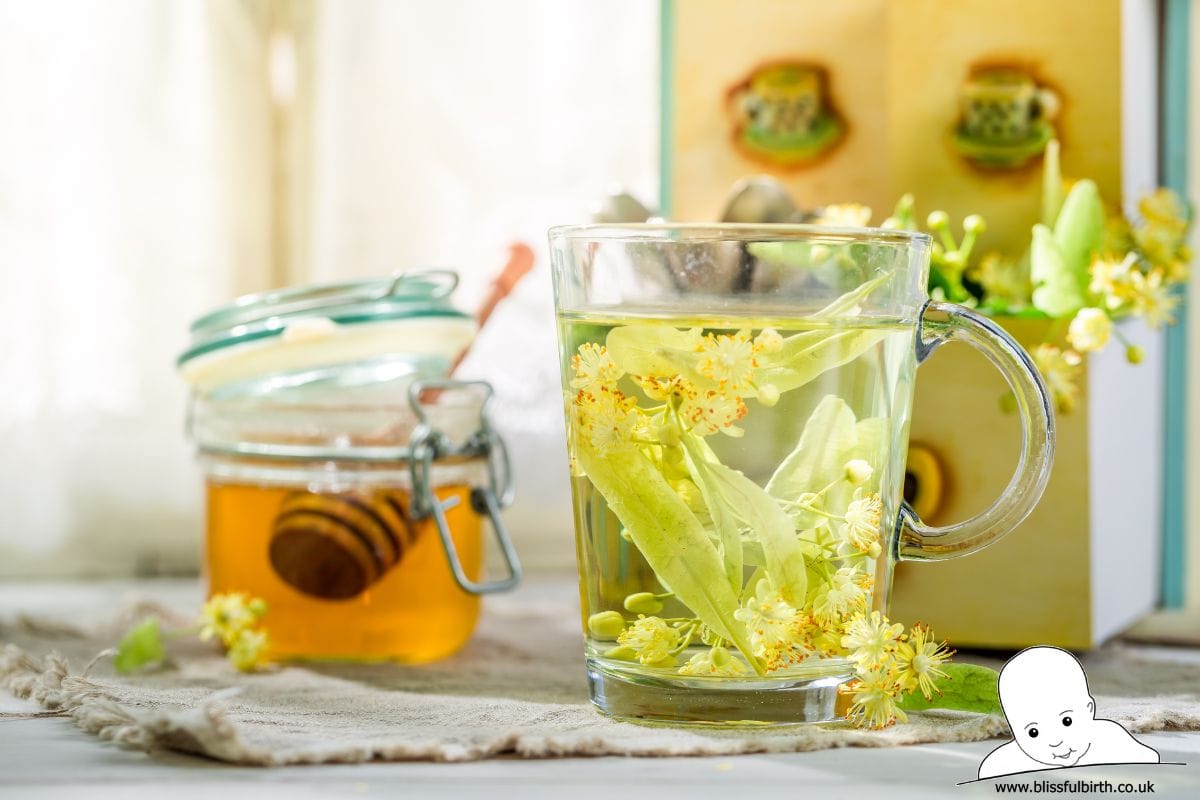
These retain their sweet flavors and aromas but with the lack of any caffeine content, and are suitable options for those with a sensitivity to caffeine or need to limit their caffeine intake.
You can prepare decaffeinated sweet tea at home by adding sweeteners, like sugar or honey, to help enhance the overall flavor.
When buying in-store, though, check the label first to ensure your sweet tea is decaffeinated and has no stimulating effects caused by caffeine.
Southern Sweet Tea Recipe
Fancy making your own southern sweet tea caffeinated beverage? Here’s how brewing sweet tea can be done at home:
- Start by steeping a full pitcher of tea, adjusting the steeping time based on personal preference. Use a 64-ounce glass pitcher with a stainless steel lid.
- Mix sugar into the hot tea until completely dissolved, adjusting the amount to taste.
- Chill the sweet tea thoroughly before serving, as the flavor improves with more chilling.
- Enjoy the sweet tea straight over ice, or enhance it with mint or lemon wedges.
- For an adult version, add a shot of bourbon or your favorite liquor.
Does Ginger Ale or Sweet Tea Have More Caffeine?
When comparing the ginger ale caffeine content to that of sweet tea, it’s evident that sweet tea contains more caffeine. While ginger ale is a carbonated beverage infused with ginger flavors, its caffeine content is generally low or even negligible. On the other hand, sweet tea, typically made by steeping tea leaves in hot water and adding sugar, contains a notable amount of caffeine, making it a preferable choice for those seeking a caffeine boost.
In Summary
Sweet tea typically contains caffeine due to the inclusion of black tea leaves being used to make it.
But, there are sweetened decaffeinated tea products on the market for those watching their caffeine intake.

